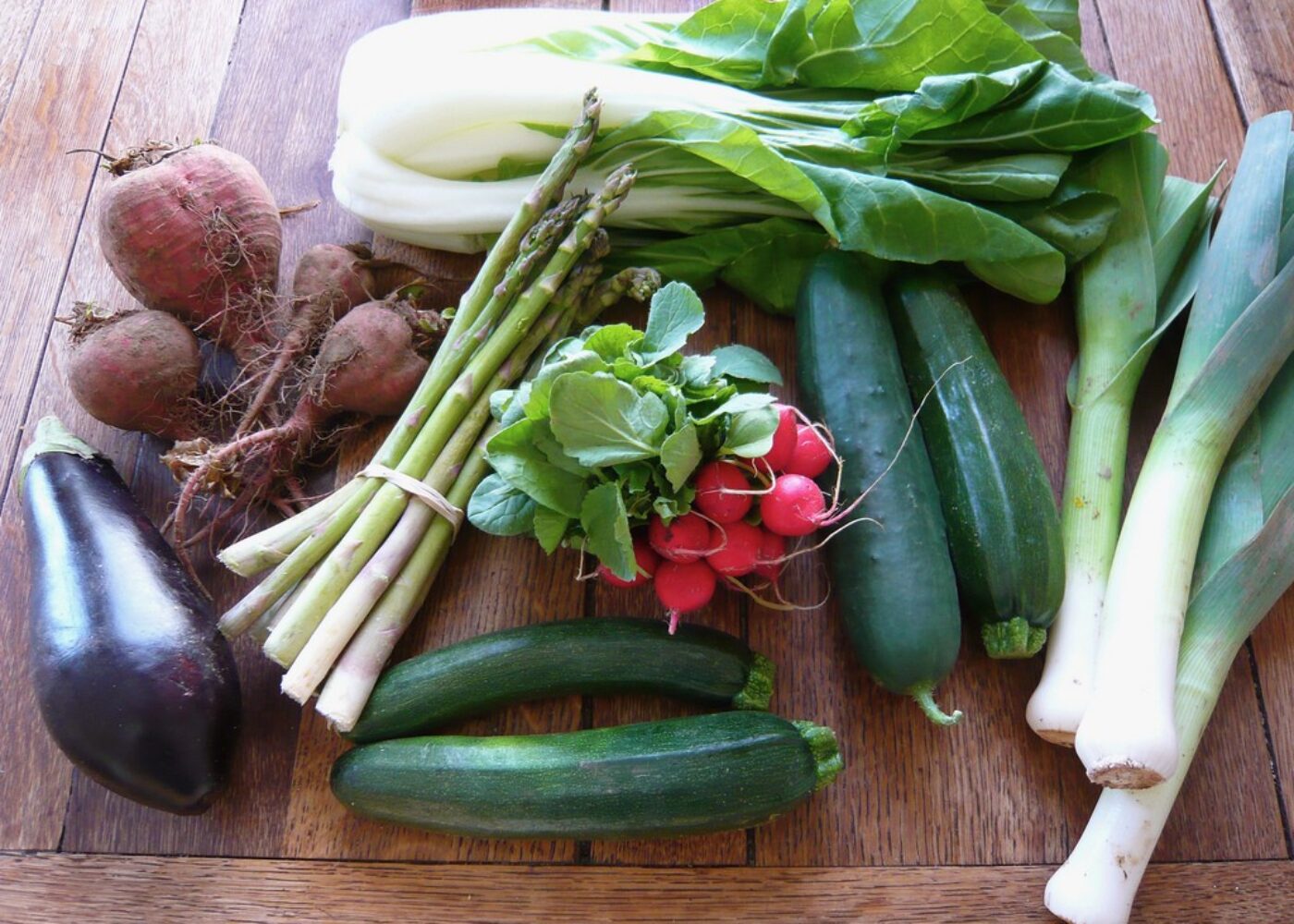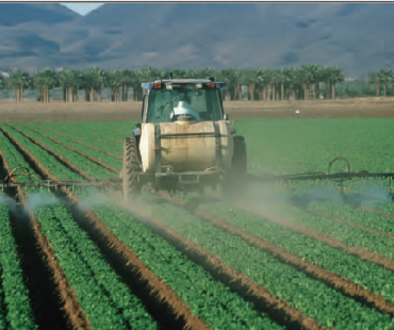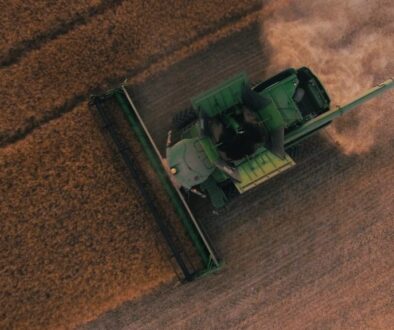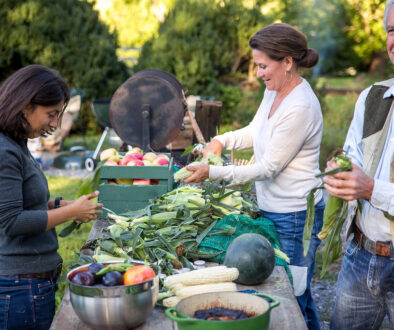Food Demand: The World Wants Organic Food!

Demand for organic is growing like crazy in the U.S. with 45 % of shoppers actively looking to purchase it.
It’s happening across age groups (provided you are under the age of 65) and across income levels. A recent poll said that 42% of people with incomes of less than $30,000 are actively seeking organic food.
And it’s not just stopping at our borders. In the UK, there is increasing demand, too. Retailers are seeing the benefit, with some experiencing growth in demand for organics above 10%. The dairy category is seeing the fastest growth in grocery, but demand for health and beauty products, textiles, clothes and more are seeing huge increases, too.
People don’t want products laced with chemicals, artificial growth hormones and other ingredients for which no long-term human health and safety data exists.
The Soil Association in the UK released this data below. It’s worth the read. This isn’t a “trend” or a “fad”. It’s a food awakening and a shift that is happening as consumers search out and demand food that is free from junk, artificial additives and GMOs.
Stay tuned, as it’s just getting started, and many forecast that “non GMO” could be the new “no trans fat.”
When you know better, you do better.
Steady growth
- Sales of organic products in the UK grew by 2.8% in 2013
- The UK organic market is now worth £1.79billion in sales
- The rate of growth was above the annual inflation rate of 2%
- Growth has been particularly strong in the dairy sector (+4.4%): organic milk sales grew by 3.4% and yoghurt sales by 7%
- Sales of organic vegetables increased by 3.4%, while meat, fish and poultry sales grew by 2.2%
Independent retailers
- Sales through independent retailers increased by 6.9% to nearly £10million a week – their highest level since 2008
- Sales through box-schemes, independent online shops and other home-delivery outlets increased by 11%
Multiple retailers
- Supermarket sales grew by 1.2% – the first increase since 2009*
- The strongest growth was seen by Ocado (+10.4%) and Waitrose (+6.5%). Sainsbury’s is the UK’s biggest organic retailer, with sales of its own-label organic range up 7%
Catering
- Catering and restaurant sales rose by 10%, thanks to the success of the Soil Association’s Food for Life Catering Mark and demand from high-street chains, such as McDonald’s and Pret A Manger, for organic milk, tea and coffee
Health and beauty
- Sales of organic health and beauty products grew by 17% in 2013 to £37.2 million
- The number of Soil Association symbol holders increased by 12.5% to 135
Textiles
- The UK’s leading certifier of organic products to Global Organic Textiles Standards (GOTS), saw the turnover of its 73 textile symbol holders increase by 36% in 2013
- Much of this growth was export-led, but the UK market for organic cotton is estimated to have grown by around 10%
Farming
- Defra reports that producer and livestock numbers and the UK’s organic land area decreased in the year to December 2012 – the most recent period for which UK-wide data are available
- In July 2013 the UK’s organic land area was reported to be 606,000 hectares (based on Defra data to the end of 2012)
- The area of land under organic management is greater than the combined areas of Oxfordshire, Buckinghamshire and Berkshire, and constitutes 3.5% of the agricultural land area
- Numbers of organic producers and processors fell by 6.3% to 6,487
- Financial comparisons show that organic farm businesses were more stable and slightly more profitable than their comparable non-organic counterparts between 2006 and 2012.
See the full report Organic farming: How it stacks up
Photo by WordRidden 





